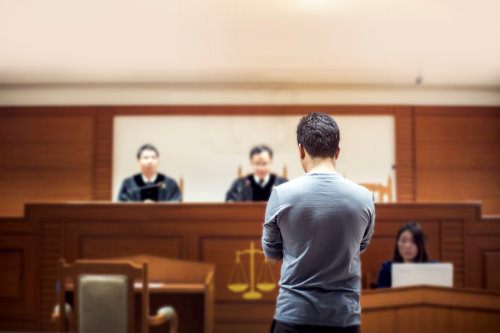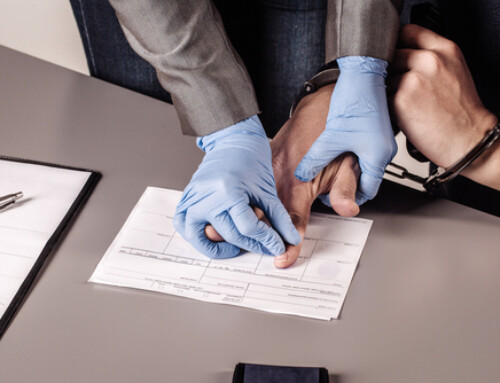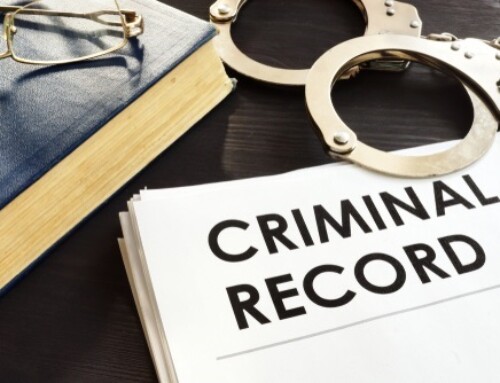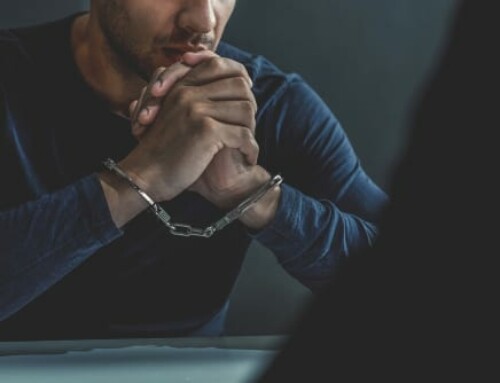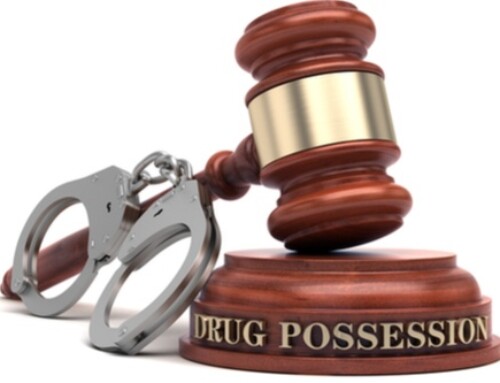If you face a criminal charge in South Carolina, you have the right to have your case tried by a jury of your peers. This right to a jury trial is rooted in the Sixth Amendment to the U.S. Constitution, and it is fundamental to our system of criminal justice.
But, just because you can request a jury trial, does this mean that you should?
It depends.
Just as deciding whether or not to testify, there are several factors to consider when deciding whether or not to request a jury trial in South Carolina. While having your case heard by a jury can offer several benefits, it can, unfortunately, have certain negative consequences. With this in mind, here is an overview of some of the key factors to consider when deciding whether to request a jury trial in South Carolina:
5 Reasons Why You Might Want to Request a Jury Trial
1. You Get To Help Pick the Jury
One of the first reasons to consider requesting a jury trial is that you get to help pick your jury members. When a defendant requests a jury trial, the voir dire process is used to select the jurors who will hear the case. During this process, both the prosecution and the defense get to strike potential jurors who they do not want on the jury, and this reduces the size of the final pool from which the jury members are selected.
2. The Jury Must Reach a Unanimous Verdict
The alternative to a jury trial is a bench trial, and, in a bench trial, the judge decides the defendant’s guilt. However, with a jury trial, all six or 12 members of the jury (depending on the severity of your alleged crime) must reach a unanimous verdict. If they cannot do so, this results in a mistrial, and the prosecution must then decide whether to re-try the case.
3. Jurors’ Decisions are Influenced By Their Emotions
Jurors are real people with real lives, and they must live with the decisions they make in the courtroom. As a result, while jurors are supposed to render an unbiased verdict, there is no question that emotions often play a major role. This can go both ways; but, if you are a sympathetic defendant, then having the opportunity to play to the jurors’ emotions could work in your favor.
4. You Can File a Motion for Acquittal Before the Jury’s Deliberations
When you request a jury trial, you have the opportunity to file a motion for acquittal before the jurors begin their deliberations. When you file this motion, the judge must determine whether there is sufficient evidence to warrant leaving your case’s outcome in the jurors’ hands. This allows you to ask the judge to resolve your case in your favor before it goes to the jury—and if the judge rules against you, the jurors must still unanimously determine that you are guilty beyond a reasonable doubt.
5. Requesting a Jury Trial Gives You More Options for Filing an Appeal
From voir dire from your motion for acquittal, requesting a jury trial adds more steps to the trial process, and this means that you will have more opportunities to challenge a conviction on appeal should it be necessary to do so.
5 Reasons Why You Might Not Want to Request a Jury Trial
1. Judges are Impartial Fact-Finders
If playing to jurors’ emotions would not work to your advantage, it may make more sense to rely on the judge’s impartiality. When rendering verdicts during bench trials, judges look solely at the relevant facts and law to reach their decision.
2. Complicated Legal Issues Can Confuse Members of the Jury
In some cases, the complexity of the issues involved in a criminal case can confuse members of the jury—and this can potentially have disadvantageous effects. For example, if the jurors in your case do not understand what it means for the prosecution to have the burden of proof, or if they are not clear on everything that is required to prove the specific offense with which you have been charged, this could lead to a wrongful conviction. However, a judge will clearly understand the legal issues involved in your case, and he or she will be able to render a decision based on an accurate understanding of the law.
3. Complicated Factual Issues Can Also Confuse Members of the Jury
In addition to complicated legal issues, complicated factual issues can also confuse members of the jury. For example, if you need to rely on a defense such as self-defense or defense of others, the facts involved in your case could become difficult for the average layperson to follow. However, keeping track of the facts will not be an issue for an experienced judge, and this could be important for securing a “not guilty” verdict in your case.
4. There is a Risk of Prejudice or Preconceived Notions
One of the most unfortunate aspects of our judicial system is that it cannot completely prevent prejudices from influencing jurors’ decisions. If there is a risk that racial prejudice or other preconceived notions could lead to a wrongful conviction, then a bench trial may be your best option.
5. Jury Trials Tend to Take Longer (and Are More Expensive) Than Bench Trials
Finally, in some cases, it will be worth considering the fact that jury trials tend to take longer and be more expensive than bench trials. While this should not necessarily be the sole guiding factor in your decision-making (and the costs of a conviction can be far more substantial than the costs of a jury trial), it is a practicality that could potentially influence your decision.
Discuss Your Defense Strategy with North Charleston Criminal Attorney Rad S. Deaton
Have you been charged with a crime in South Carolina? If so, North Charleston criminal defense attorney Rad S. Deaton can help you make smart decisions about your case. To get started with a free, no-obligation consultation, call us at 843-225-5723 or tell us how to reach you online today.

